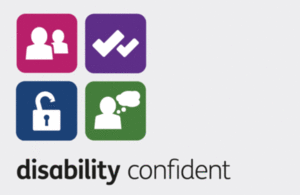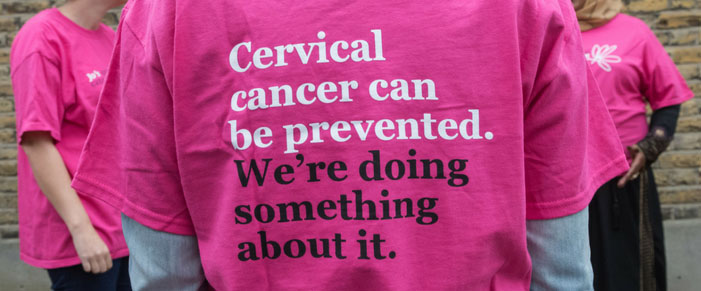A few weeks ago, the Department of Work and Pensions (DWP) quietly relaunched Disability Confident, a initiative originally launched in 2013 by David Cameron as a replacement for the Two Ticks positive action scheme.

Disability Confident encompasses a number of voluntary commitments to encourage employers to recruit, retain and develop disabled staff, such as offering work experience opportunities and implementing a flexible recruitment process. The scheme is intended to address the shortcomings of Two Ticks, which was criticised for not setting rigorous standards for employers displaying the TT logo.
The scheme is organised into three tiers of commitment:
Level 1: to be a Disability Confident committed employer, organisations must commit to five pledges (similar to the Two Ticks scheme), which include ensuring recruitment processes are inclusive and accessible, and supporting any existing employee who acquires a disability or long term health condition. They must also implement at least one employment opportunity that will make a difference for disabled people (e.g. offering work experience).
Level 2: to be a Disability Confident employer, organisations must commit to 13 statements and at least two actions grouped into two themes: “Getting the right people for your business” and “Keeping and developing your people”. Level 2 includes a positive action commitment to offer interviews to disabled candidates who meet the minimum requirements for a job or role.
Level 3: in addition to Level 2, employers can achieve Disability Confident leader status by achieving external accreditation from a disability support organisation or other recognised body, and actively helping other employers to become Disability Confident.
The Disabled Police Association welcomes this initiative, and we hope that the DWP will continue to promote it. We look forward to all UK police forces becoming Disability Confident employers in order to effectively support and represent the 19% of the UK population who identify as disabled.
By assisting disabled candidates in reaching the interview stage of selection processes, Disability Confident will help to achieve a police service in which disabled officers and staff are represented at all ranks and grades. It is important to recognise that this example of positive action does not constitute an unfair advantage – it is there to help disabled staff overcome barriers that may prevent them from participating in a competitive selection process. One of the DPA’s key aims is for people to be valued for their abilities: this means, for example, allowing promotion candidates to evidence a broad range of leadership ability, rather than an implicit requirement for operational evidence which is likely to disadvantage a disabled officer. The College of Policing has recognised the importance of representing the full spectrum of diversity throughout all levels of the police service, reflected in its current work around valuing difference and inclusion.
The new guidance for employers wishing to sign up to the Disability Confident scheme can be found here.
 22nd-28th January 2018 is Cervical Cancer Prevention Week, organised by Jo’s Cervical Cancer Trust. The theme for this year is “Reduce Your Risk” – with around 3,000 women in the UK being diagnosed with cervical cancer every year, looking after your health is vital. This means:
22nd-28th January 2018 is Cervical Cancer Prevention Week, organised by Jo’s Cervical Cancer Trust. The theme for this year is “Reduce Your Risk” – with around 3,000 women in the UK being diagnosed with cervical cancer every year, looking after your health is vital. This means:
